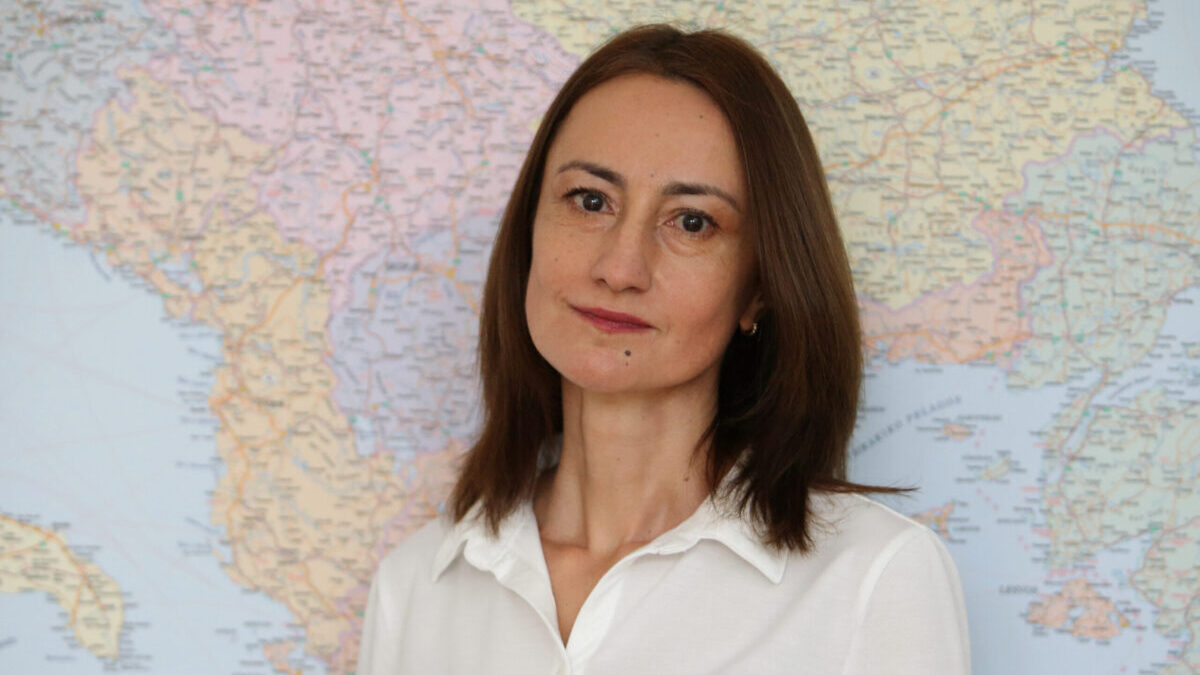The pandemic-induced crisis has caused grave consequences on society as a whole and vulnerable groups. What can we do to aid society’s recovery and reduce inequalities that were especially visible when it comes to vaccination?
COVID-19 has rolled back almost every progress made for children. We have witnessed increasing poverty, erosion of progress in childhood immunization, the disruption of education, increased mental health issues of young people, and a widening inequality gap – to name just a few.

To mitigate these negative effects of the pandemic and shape an equitable future for all children, investments must be made in the development of children at the earliest age, ensuring the most vulnerable children are reached with vital early childhood interventions. Equally important is building a better mental health system and making it more responsive to the needs of our children and youth.
We must ensure the bridging of the digital divide for the most marginalized children. This can be done by revolutionizing learning and skills development to provide inclusive and quality education and by ensuring internet connectivity and access to digital devices for all.
Critical investments in social protection and means-tested social assistance benefits are required to support the resilience of the most vulnerable children and their families. Without proper prioritization of children, especially children from the poorest households, we will not be able to see sustainable economic development for all.
2022 will be all about economic recovery, further development of science, the continuation of dialogue in resolving crises, as well as the rehabilitation of the entire planet. What issues and topics should be addressed (e.g. climate change, green projects, reducing inequalities in society, etc.)?
In 2022, the global community needs to recast its COVID-19 strategy: to focus not only on mitigating the virus but mitigating its effect on society – particularly children. It means placing them and their families and the goods and services on which they depend at the centre of recovery packages and protecting them from the fiscal adjustments that are expected to follow.
COVID-19 recovery and response should also be linked with bold and urgent actions that address climate change and protect our environment as these have become increasingly associated with children and linked to broader notions of economic and social justice. Thus, it is imperative to seize opportunities to make policies and financial investments more sensitive to the present and future needs of children.